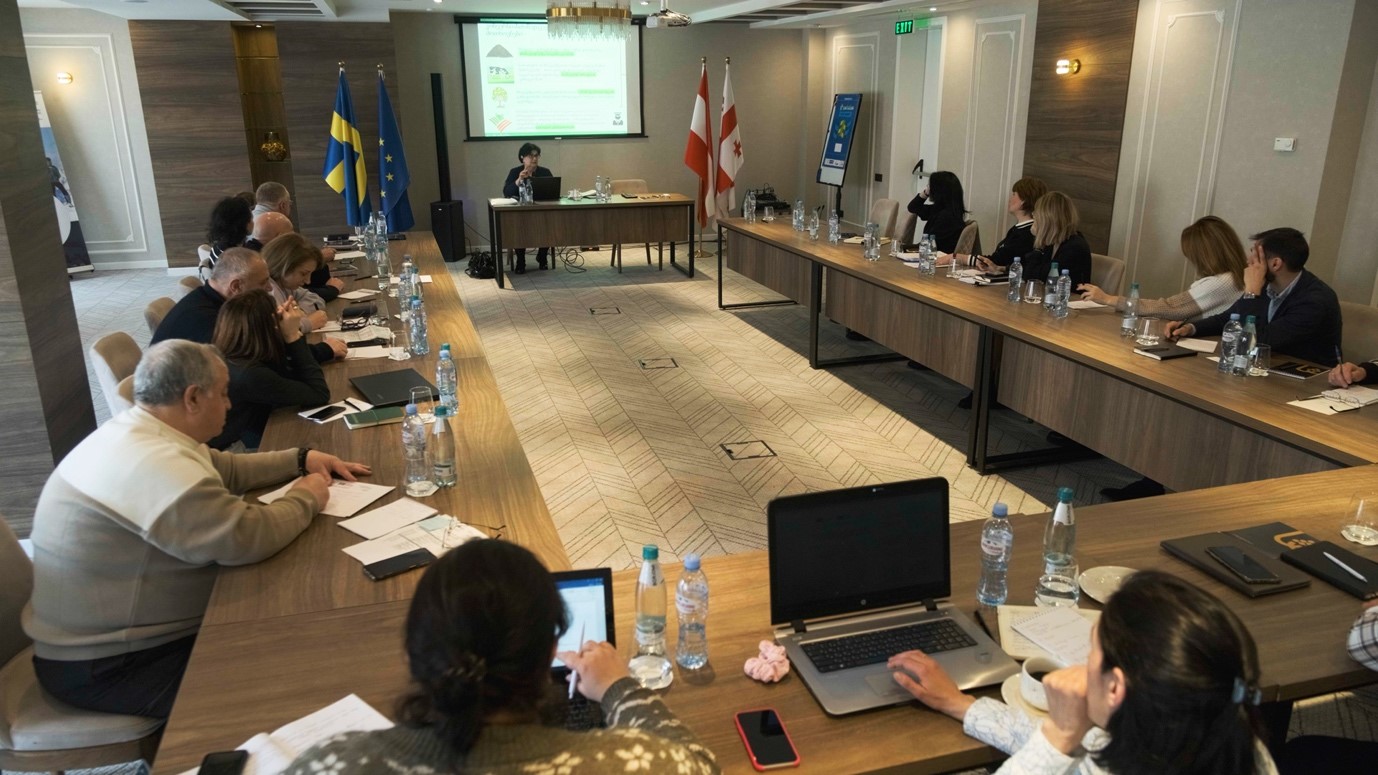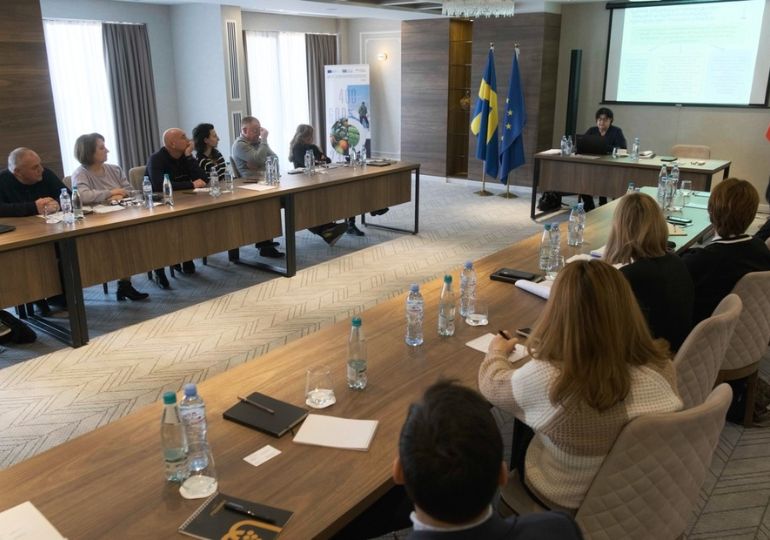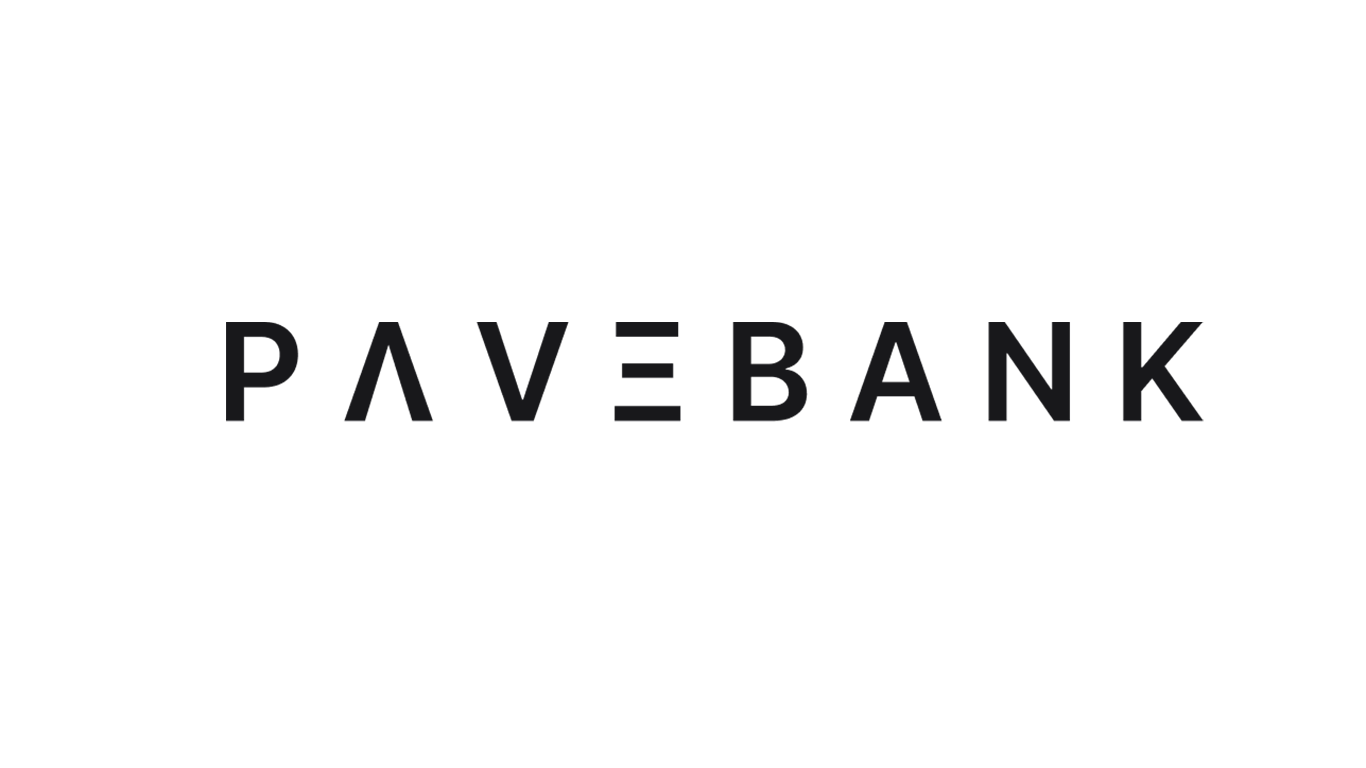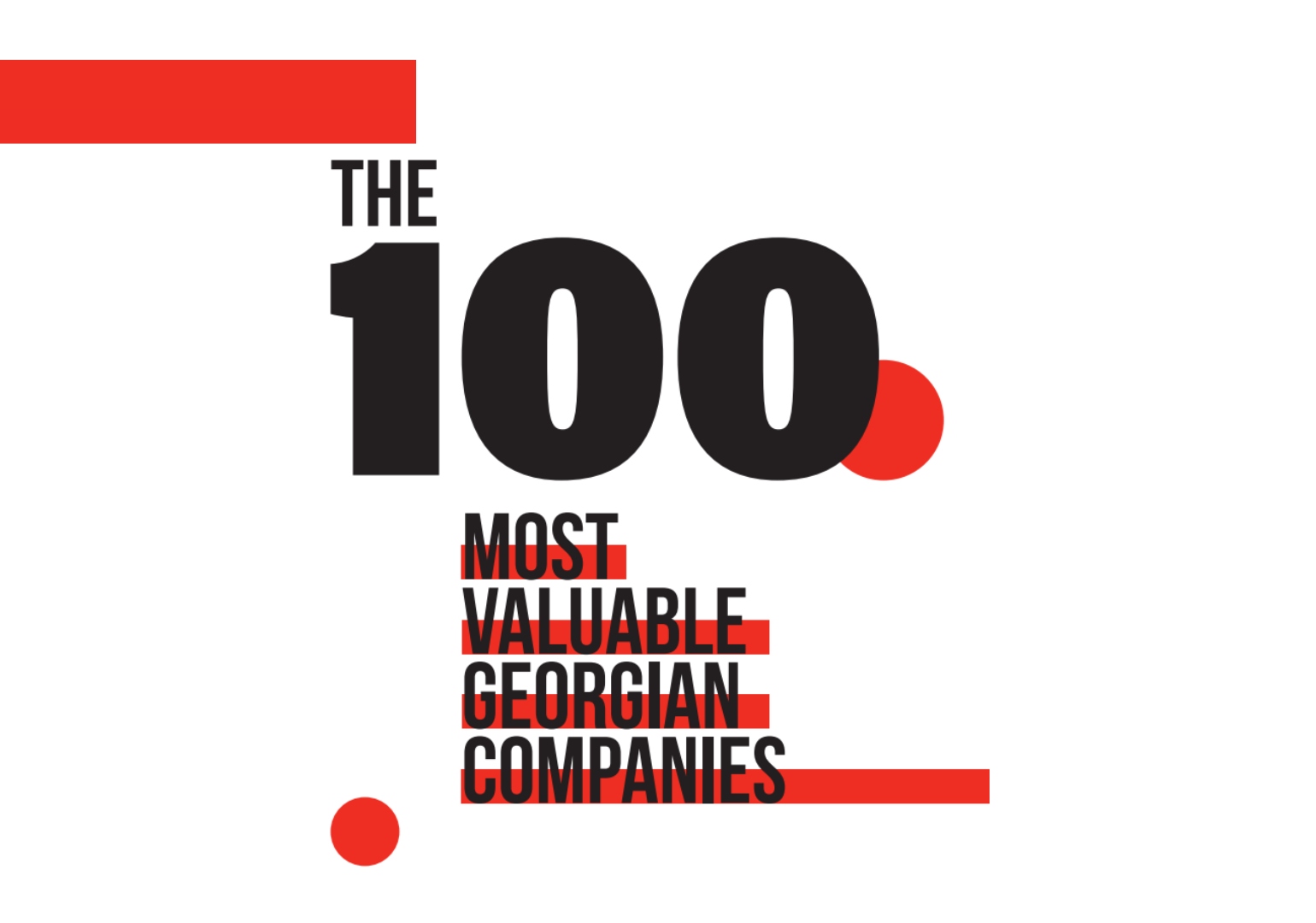The EU, Sweden, and Austria support the harmonisation of Georgia’s legislation with the updated Organic Regulations of the European Union.
Georgia offers favourable conditions for organic production; thus, as the saying goes, a suitable environment is necessary but not sufficient. To ensure that the organic production sector in Georgia operates effectively and maintains access to the market of the European Union, one of the biggest market for organic products worldwide, several legislative and enforcement measures must be implemented.
Thanks to the support of the European Union, Sweden, and Austria under the GRETA project, significant strides have already been made toward aligning Georgia’s legislation with the updated Organic Regulations of the European Union.
What does it all mean, then?…
The convergence of Georgian legislation with the updated organic regulations of the European Union, also known as the harmonization process, means that state support and control over organic production will increase in Georgia. Furthermore, Georgian bio-certified products will come closer to meeting the standards required for acceptance in the European Union. This will simplify the bio-certification process for Georgian producers and increase the likelihood of their products being sold in the EU market.
Since January 2022, member states have officially implemented the new EU regulations. Even prior to this, it was necessary for Georgian legislation to be updated to align with these changes. It can now be stated that the review of the adapted legislation has been formally completed after an intensive 2.5-year work process coordinated by the Ministry of Environmental Protection and Agriculture of Georgia, with the support of the European Union, Sweden, and Austria.

In preparation for the changes, the anticipated 2020 regulations were translated into Georgian, and a simplified guide for entrepreneurs was developed. This work served as a strong foundation for conducting comparative analysis and identifying the need for national legislative changes, which was also successfully completed with the help of European experts.
“Policy development support is very important to create an enabling environment in which farmers and food production companies can confidently make significant investments to meet the demands of their customers, especially in relation to organic products.” – says Mr. Riccardo Montanari, GRETA Project Team Leader.
Facilitated by the GRETA project, a final workshop was held in an expanded format, where all key parties were present to agree on the final version of the organic legislation. As a result, the created document is now being presented to the Parliament of Georgia for approval.
“The focus of the meeting was on the regulations governing the production and labeling of organic products. The discussion covered not only the specific requirements for producing each type of product but also the rules related to state control. Of particular importance were the certification procedures defined by the new technical regulation. These procedures will serve as a preparatory stage for businesses and interested parties seeking to market their products in Georgia as organic or environmentally-friendly.” – said Mrs. Ketevan Laferashili, Deputy Head of the Department of Agriculture and Food at the Ministry of Agriculture.
One of the main contributors to the meeting, the CEO of – Caucascert, Mr. Davit Bedoshvili shares his opinion:
“As a result of the harmonization of our legislation, state control will strengthen here as well, increasing consumer trust. The domestic market, which is currently developing far slower than exports to the EU, will also grow.”
With the support of the European Union, Sweden and Austria grant aid of up to 1.5 million GEL has been provided to entrepreneurs working in the mountainous region of Georgia. Currently, six partner organizations of the project have already obtained organic certificates, while an additional ten are in the process of becoming certified. S
***
Project GRETA “Green Economy: Sustainable Mountain Tourism and Organic Agriculture” is implemented by the Austria Development Agency in Georgia with the support of the European Union, Austria and Sweden. The project aims to facilitate an improvement of the business environment and the creation of new income opportunities in two important sectors of the Georgian economy, mountain tourism and organic agriculture.
More information on the GRETA project: www.gretaproject.ge
This material has been produced with the assistance of the European Union, Sweden and Austria within the framework of the GRETA project. Its contents are the sole responsibility of the Austrian Development Agency (ADA) and do not necessarily reflect the views of the European Union, Sweden or Austria.















